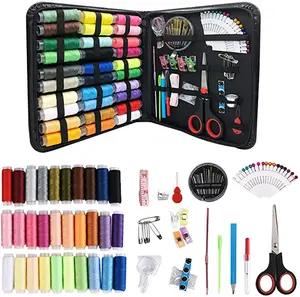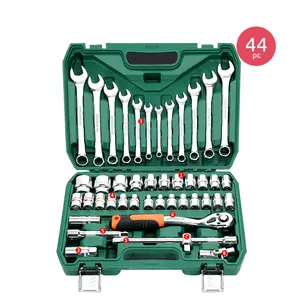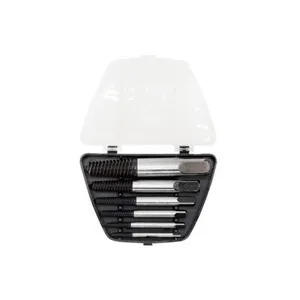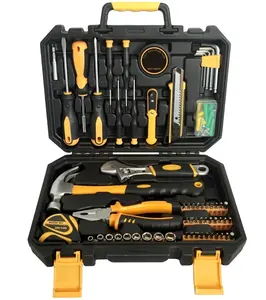
Оптовая продажа, 100 шт., профессиональный кожаный комплект agujas de вязание крючком, сумка, прочный портативный домашний набор для шитья, набор для путешествий
Готово к отправке


Winslow & Ross 11 шт. Сменные многоголовые телескопические ручки Набор садовых ручных инструментов со сменными головками






























 浙公网安备 33010002000092号
浙公网安备 33010002000092号 浙B2-20120091-4
浙B2-20120091-4